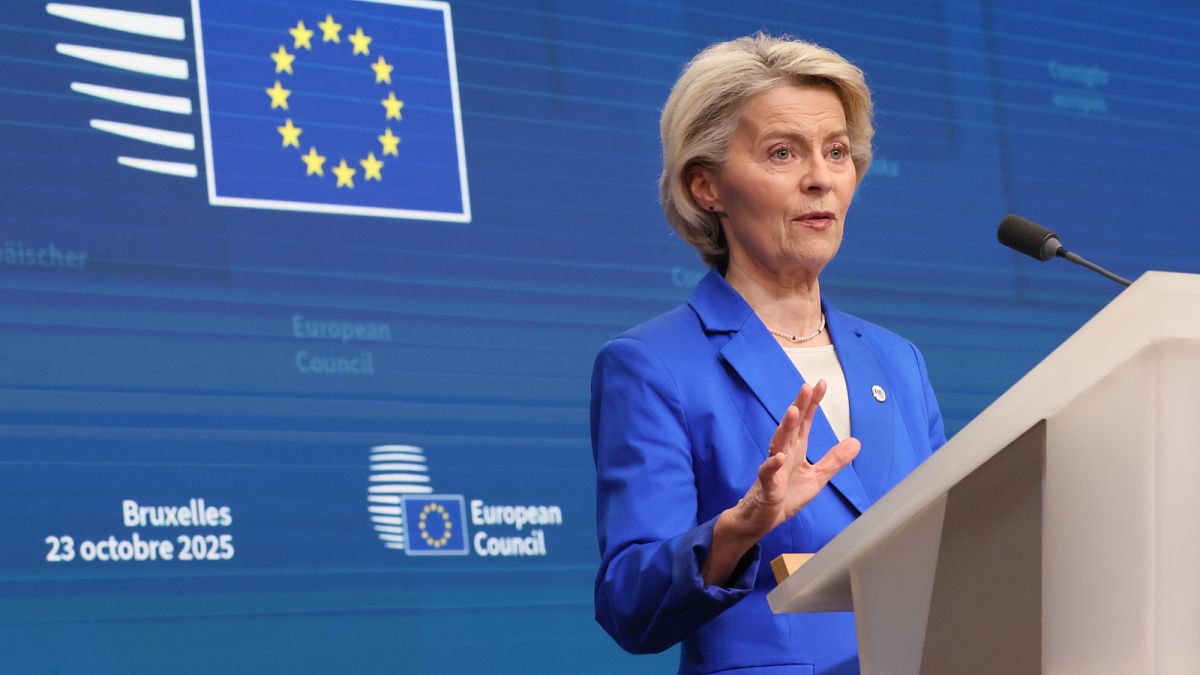The European Union is working on a strategy to reduce its dependency on Chinese critical raw materials, European Commission Ursula von der Leyen said on Saturday.
The renewed strategy comes in a response to China’s decision in October to implement tighter restrictions on rare earths exports. The Asian giant had likely done so in response to trade tariffs imposed by US President Donald Trump, but von der Leyen pointed out the impact it would have on Europe.
“If you consider that over 90% of our consumption of rare earth magnets come from imports from China, you see the risks here for Europe and its most strategic industrial sectors,” von der Leyen said at a conference in Berlin.
These minerals are key for EU industries, such as the automotive, defence, Greentech and digital sectors.
Von der Leyen said that in the short term, the EU would focus on finding solutions with its Chinese counterparts, but that it would also ramp up its efforts to coordinate with other countries to secure access to alternative sources of the minerals.
“The aim is to secure access to alternative sources of critical raw materials in the short, medium and long term for our European industries,” von der Leyen said, “We will speed up work on critical raw materials partnerships with countries like Ukraine and Australia, Canada, Kazakhstan, Uzbekistan, Chile and Greenland”.
The European Commission chief said the new scheme, named RESourceEU, takes after REPowerEU, an intiative launched after Russia’s invasion of Ukraine with the aim of strengthening the EU’s independence in the energy sector, away from Russian energy sources.
“It starts with a circular economy, not for environmental reasons, but to exploit the critical raw materials already contained in products sold in Europe,” von der Leyen said
“In addition, we will focus on everything, from joint purchasing to stockpiling. We will boost investment and strategic projects for the production and processing of critical raw materials here in the European Union,” she added.
Read the full article here


